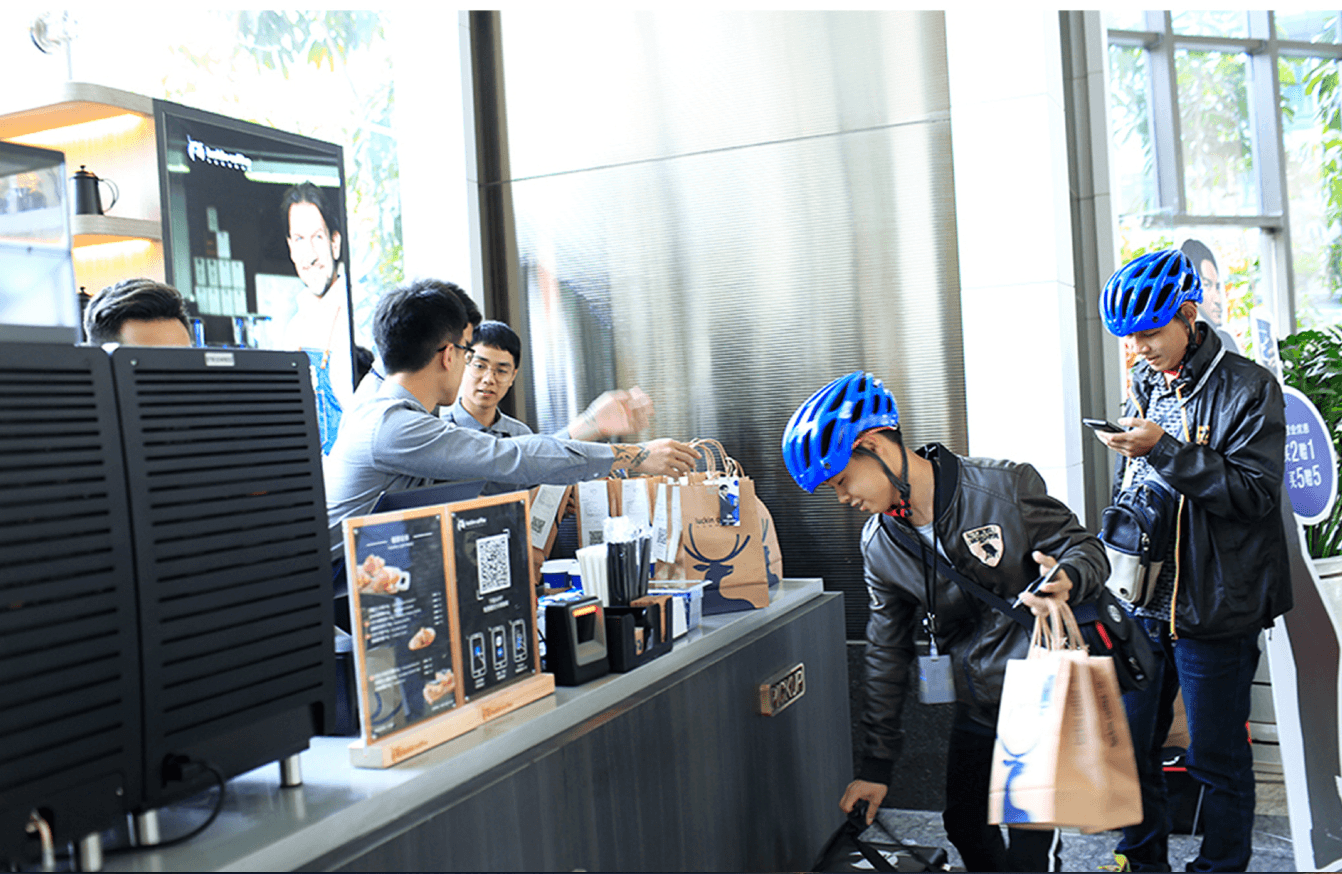Red Cherry Project, Red Cherry Project
Speaking of the "Red Cherry Project", many friends are no stranger to this name. So what kind of project is the Red Cherry Project? Maybe only a few people can tell.
Ethiopia, known as the birthplace of coffee, has a large area of fine traditional coffee tree species. We know that Ethiopia is not a developed country with rich people's income. Agriculture and animal husbandry accounts for 80% of Ethiopia's population. In addition to growing coffee, there are rapeseed, beans, wheat and so on. An average of 200000 tons of coffee per year accounts for the main agricultural force in Ethiopia.
In order to improve the income of Ethiopian coffee farmers and improve the living standards of the local people, in 2007, Trabocca, a Dutch trader, launched the "OPERATION CHERRY RED PROJECT" Red Cherry Project with farmers from the producing areas. It is purely to encourage farmers to improve the quality of coffee beans. At the beginning of the harvest season in the producing area, Trabocca will specify a harvest plan for the microclimate area to harvest 100% ripe red coffee cherries by hand, with a yield of about 1500 kg-3000 kg.
The Red Cherry Project invested $5000 in 2008 to purchase new sun drying racks. In 2009, another $8000 was invested in the procurement of new sun drying racks and sunshade nets. A $9000 generator was invested in 2010 and a further $10000 was invested in 2011 to improve some local coffee transport roads to make transporting coffee more convenient and efficient. Trabocca offers interest-free loans to buy new coffee cherry meat removers and coffee bean sorters. In order to facilitate suppliers' procurement, a high-quality Addis Ababa coffee cup testing laboratory was built with an investment of US $14000 in 2012.
Trabocca provides financial loan support, new hardware equipment and production processing knowledge and technology to help farmers improve their production, promising to pay generous prices as long as the quality of actual output meets the cup test standards in Ethiopia's Addis Ababa and Amsterdama Cup in the Netherlands. The passing standard set by Trabocca is 88 points.
The coffee beans of the Red Cherry Project are immediately packed in plastic inner bags (GrainPro bags or vacuum box) immediately after the processing of the origin is completed, then shipped to Djibouti for shipping. Strive for perfect quality through immediate monitoring, safe transportation and timely and appropriate handling. As a result of this red cherry program, roasters can buy high-quality coffee beans, improve the quality of Ethiopian coffee and have better prices. Trabocca can also return profits to farmers, and continue to improve and improve the quality.

Important Notice :
前街咖啡 FrontStreet Coffee has moved to new addredd:
FrontStreet Coffee Address: 315,Donghua East Road,GuangZhou
Tel:020 38364473
- Prev

Foreign media: Luckin Coffee or Starbucks' best assists in China?
Professional coffee knowledge exchange more coffee bean information please follow coffee workshop (Wechat official account cafe_style) Luckin Coffee (Luckin Coffee) is a popular new retail coffee brand in China, the popularity of the speed may be the fastest in history, only in January 2018 began trial operation, relying on a large number of subsidies and convenient APP delivery business model, with viral media
- Next

Awkward boutique cafe: how to open a coffee shop? is it difficult to open a coffee shop?
Professional coffee knowledge exchange more coffee bean information Please follow the coffee workshop (Wechat official account cafe_style) Coffee poisoning friends usually have this idea: open a coffee shop. Imagine yourself standing behind the bar, attentively explaining to the customer the source, production process, and flavor of each cup of coffee, and then watching the customer's satisfied expression after taking a sip of coffee.
Related
- What documents do you need to go through to open a coffee shop? coffee shop coffee shop certificate processing process
- How to purchase Coffee beans in small Cafe how to choose a suitable supplier for domestic Coffee supply Company
- How to drink Starbucks Fragrance White Coffee? how to make Australian White Coffee? what Italian coffee beans are recommended?
- The Story of Flora Coffee: the name of Flora Coffee Bean and the implication of the Flowers on Florna Coffee
- How much does a cup of coffee cost? How much is the profit of a cup of coffee? What is the profit of the coffee shop in a year?
- Yunnan small Coffee, known as "fragrant Coffee", introduces the characteristics of Alpine Arabica Coffee producing areas in Yunnan, China
- 2023 latest Starbucks full menu price list how much is a cup of Starbucks coffee what is better to drink the most popular hot and cold drinks recommended
- Starbucks different kinds of Coffee Price list Starbucks menu 2023 Top Ten Best drinks in Starbucks
- Starbucks Spring praise Comprehensive matching Coffee Bean theme Story Packaging implication and taste description
- The cost of a cup of coffee latte American coffee cost price and selling price

